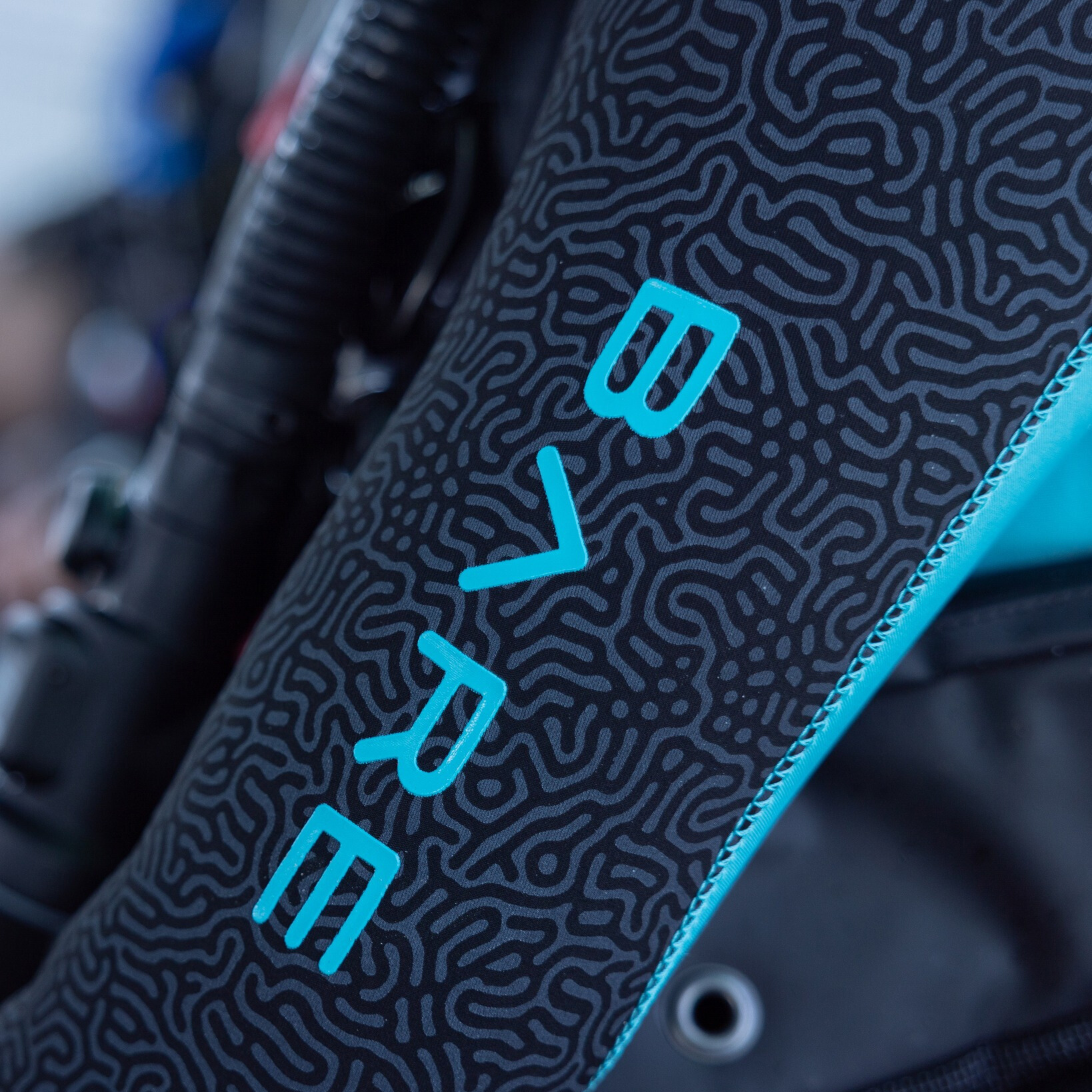Have you ever put on your neoprene wetsuit and felt that something was "off"? Stiffer than last time, an unpleasant smell, maybe even discoloration? That's a sign that your suit is saying: "Hey, take care of me!" Although neoprene looks tough and solid, it actually needs our care. Wetsuits for diving, surfing, or snorkeling – they all have one thing in common: the better you take care of them, the longer they will serve you faithfully. And below, we suggest how to do it smartly.
The impact of chlorine on neoprene
The impact of chlorine on neoprene
Chlorine, present in pool water, has a negative impact on the structure of neoprene:
- It accelerates the aging of the material – neoprene can become stiff and brittle.
- It leads to discoloration – especially on colored elements and seams.
- It weakens elasticity – which affects user comfort.
If you train in a pool or use chlorinated water (e.g., in water parks), remember to rinse your wetsuit immediately after use.
Best user practices – step by step
Best user practices – step by step
1. Rinse after every use
After every dive — both in salt and chlorinated water — rinse your wetsuit in clean, cool water. It's best to immerse it in a bathtub or a large container and leave it for a few minutes to rinse out salt, chlorine, and microorganisms.
2. Use special cleaning agents
Every few uses, it's worth washing the wetsuit in a dedicated neoprene cleaner. It removes odors, bacteria, and helps maintain the material's elasticity.
3. Dry flat and in the shade
- The wetsuit should dry flat or on a wide hanger, preferably with the legs down, so that water can drain freely.
- Avoid direct sunlight, which can damage the neoprene surface and accelerate its degradation.
4. Do not wash in a washing machine, do not dry in a dryer
This is a straight path to destroying the neoprene. No spinning, heating, or intense agitation.
5. Store in a dry, well-ventilated place
- Avoid folding the wetsuit into a square – this can lead to permanent creases.
- It is best to store it hanging on a wide hanger away from heat sources.
A few additional tips:
- Do not use sharp fingernails or rings when putting it on – this is a common cause of damage.
- Lubricate zippers regularly – with a special agent, so they work smoothly and do not corrode.
Summary
A well-cared-for neoprene wetsuit means comfort, safety, and savings. Regular rinsing, drying, and proper storage significantly extend its lifespan.
Remember — you have the greatest influence on how long your equipment will last!
Want to choose the right neoprene cleaning products? Check out our section with diving chemicals or contact us – we'll be happy to advise you!
www.nurkowanie-ecn.pl
Remember — you have the greatest influence on how long your equipment will last!
Want to choose the right neoprene cleaning products? Check out our section with diving chemicals or contact us – we'll be happy to advise you!
www.nurkowanie-ecn.pl









